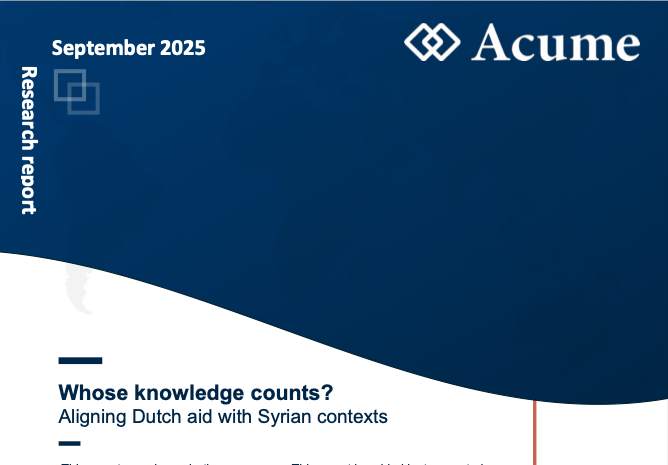Demonstrations around decolonising the curriculum sparked wider conversations about inclusivity and diversity in academia. While there is an increasing awareness of the need to become more diverse, the global north continues to dominate knowledge production.
The UK and the USA together comprise 5% of the world population, but produce 50% of cited social science research. In contrast, Africa comprises 12.5 percent of the world’s population, but accounts for less than 1 percent of global research outputs.
Research produced about the global south is mostly conducted by academics based in the Global North. One study found that, of 398 articles on Rwanda published in 12 leading journals between 1994 and 2019, only 13 were authored or co-authored by Rwandan scholars- that’s just 3.3 percent!
Even when research is produced by the global south, it is often done in partnership with the global north. According to UNESCO World science data, over 85 percent of research done in Africa is conducted in collaboration with northern countries.
Centering the global north in knowledge production means that a lot of relevant, high quality knowledge produced by the south is overlooked by academics, policymakers, and practitioners.
So what drives this imbalance? I asked three experts, and three key themes emerged:
1. Myth of the West being the knowledge producer
Dr Fredrick Wanjala Nafula, a lecturer based in Kenya explained how northern academics are considered producers of knowledge for consumers in the south, so much so that even some African scholars define knowledge only in relation to Europe or America – not believing that Africans scholars are a credible knowledge producer. This means that colonial ways of thinking in research, curriculums, and university structures, are still dominant in Africa.
2. There is a power imbalance in North-South academic partnerships
Dr Samia Chasi, both a practitioner and researcher based in South Africa, and whose former role explored the internationalisation of higher education, told me that because Global North countries often control funding (plus the research agenda), there is a power imbalance from the outset between Global North and Global South collaborators. While Global North academics are empowered as the lead author, the Global South academic is positioned as the junior partner – and that is often the best case scenario.
It is not uncommon for data to be collected in the south and analysed and published by academics in the north, without any acknowledgment of a southern partner as one of the co-authors. This practice perpetually positions the academic from the Global North as the expert, while hiding the expertise and contributions of the Southern partner.
3. There are biases in the way that research quality is assessed
Mark Skopec, a research assistant and PhD student at Imperial College London, told me about the biases that exist in the way research quality is assessed, including in the peer review system. He explained how research from institutions in high-income countries are better rated and more likely to be recommended for acceptance than research from institutions in low-income countries. This increases the outreach of northern-produced knowledge, and reduces outreach of southern- produced knowledge,
These perspectives reveal how deeply colonial legacies and systemic biases shape knowledge production today – often invisibly. In the next blog, I’ll explore what could be done differently.










